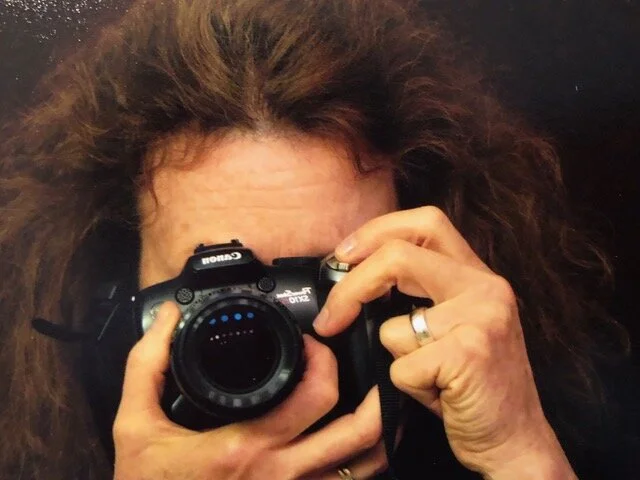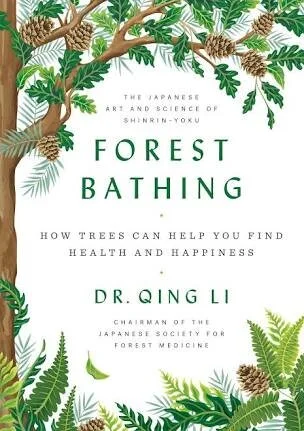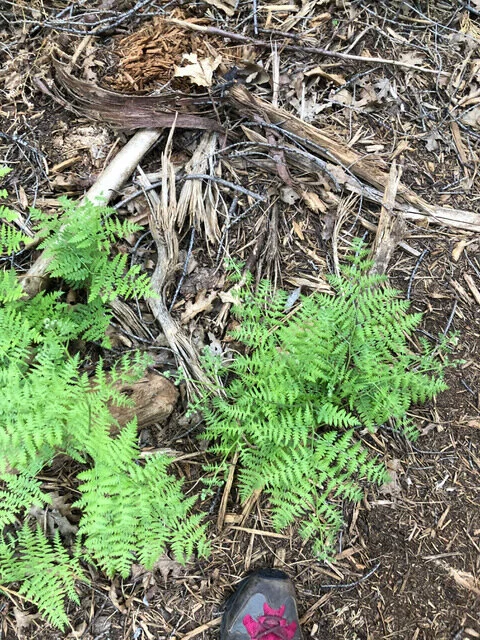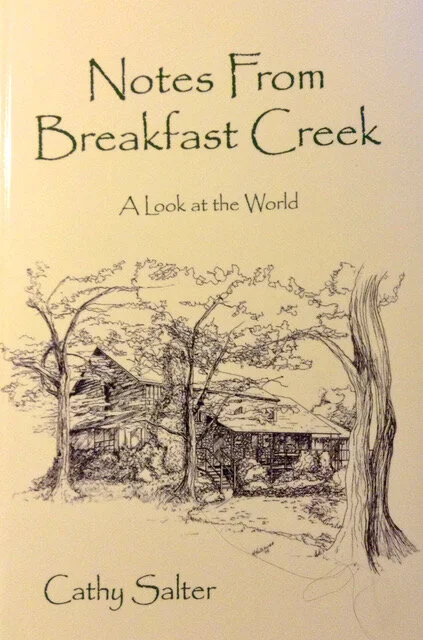The Art of Seeing
There is an art to seeing. A person with sight can walk through a city with eyes focused on a cell phone and see nothing that’s going on between their journey’s origin and destination. For others, the journey is the point. A city and its noise and chaos are experienced as a living poem, filled with visual and audible snapshots recorded along a walk. Over time, the images become episodes in the life of a city ever evolving, reflecting both the life of the seer and the city.
During the thirty years that I lived in Missouri, I experienced the quiet moments that a rural life allows. Living in the country, I learned to stop moving long enough to reflect upon the miracles of the natural world—an orb weaver spider’s web, Orion’s Belt in the night sky, and the sudden wash of oranges and reds that blaze across the landscape every fall. Images that I had recorded largely with my camera in the past now began to come into focus in a new way, and it was during that chapter in life that I experienced the joy of a writing life.
Five months ago, Kit and I began a new chapter in life half a continent away from the American Heartland. In place of cornfields and wheat harvests in the bottomlands along the Missouri River, we are high in the Sierra Foothills above Nevada City, CA surrounded by tall Ponderosa pines and Douglas fir trees that reach up and almost touch the stars. On evening walks along our crescent-shaped road, we pass red maples, cedars and firs and the homes of neighbors we have come to call friends. The quiet street is littered with acorns and leaf clusters chewed on by bushy-tailed gray squirrels and chipmunk-sized Douglas squirrels that zip about the lofty tree canopy overhead.
In our new world out West, we have found a wonderful mix of restaurants, bookstores, small shops, medical facilities, art, parks, neighbors, and forested trails where we can experience solace from the noise of the world. On solo walks in a nearby forest preserve, I experience the nature and therapy of “forest bathing.” In Japan in the early 1990s, the Japanese Ministry of Agriculture, Forestry and Fisheries coined the term Shinrin-yoku, forest bathing, as a stress-reduction strategy that is like a meditation.
In the silence of the forest, the clutter in the brain begins to clear away. Stopping in a clearing, I close my eyes, breathe in, breathe out. In the pause and quiet, I open my eyes and focus on the world literally at my feet. Smells and colors are more intense, and I feel in tune with the natural world. Alone and still, I hear the slight flutter of leaves and slither of a lizard dodging my foot as it falls on the narrow forest path lined with ferns. As my breathing slows down, I feel my five senses come into focus on the immediate world around me.
Writing is a solitary exercise that is for me like forest bathing. In the silence that a writing life allows, I am surrounded not by trees, but by bookcases and shelves filled with words. I am never alone. Sitting in front of a blank computer screen, I begin as if on a walk, not knowing where my daily writing journey will take me.
In this week’s mental wanderings, I recalled a letter that I received a couple of years ago from the studio and volunteer services manager at the Wolfner Talking Books and Braille Library in Jefferson City, MO. She was writing to inform me that the Wolfner Library was recording my 2008 book, Notes from Breakfast Creek. Wolfner Library is a division of the Missouri State Library and an affiliate library of the National Library Service, Library of Congress. “I try to record books that I think will be of interest to our patrons,” she explained, “and I chose yours because you are a local author, and because the types of essays you write are enjoyable to many of them.”
Time passed. Then out of the blue, I received an email from a woman in South Carolina. She introduced herself as a Christian pianist, singer/songwriter, recording artist and speaker. “I have been blind from birth,” she continued. “I was born in the rural, agricultural town of Shelbyville, Illinois where I spent most of my life, until moving ten years ago to Charleston, South Carolina.” While doing some research on the Midwest, she found Notes from Breakfast Creek on the mobile BARD Website of the National Library Service for the Blind, downloaded it, and began reading my essays.
“As I began reading Notes from Breakfast Creek,’’ she said, “there were three named storms out on the Atlantic. Hurricane Florence strengthened and was headed for the Carolinas with a vengeance! Amid the flurry of plans to evacuate, then a decision to stay in place, prayers, and finally a deep sigh of relief at only receiving a quarter inch of rain and twenty-mile-per-hour winds, your word pictures were truly a blessing to me.”
During all this she recalled, “I danced with you and your friends on the concrete (silo) pad, skated with you on the pond, watched the kittens with you in your barn and trudged with you through the flood of 1993. I traveled with you to distant places and joined you in your farm kitchen for scrumptious meals. I saw a little bit of E B. White in your essays and was thrilled to learn that you appreciate his life and work as much as I do. Currently I’m writing to you on my MacBook Air computer which gives me a comfortable feeling, like that which you receive when writing with your fountain pen.”
Books help us weather all manner of storms that life throws at us. In writing as in life, the challenge is to breathe in and breathe out. To stop long enough to see the forest that lies between the trees.
“To see what is in front of one’s nose needs a constant struggle.”



